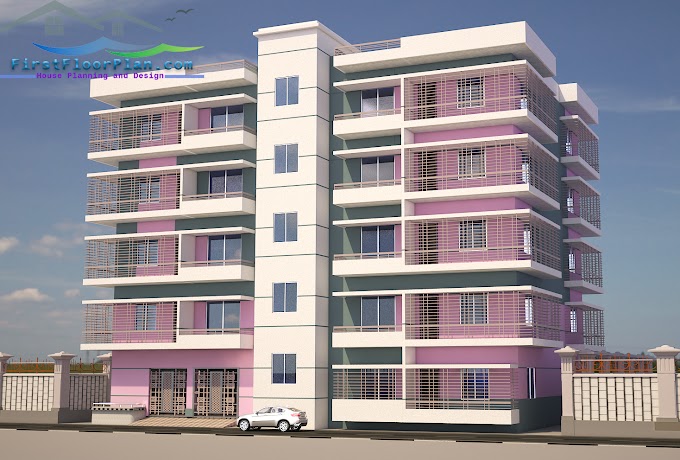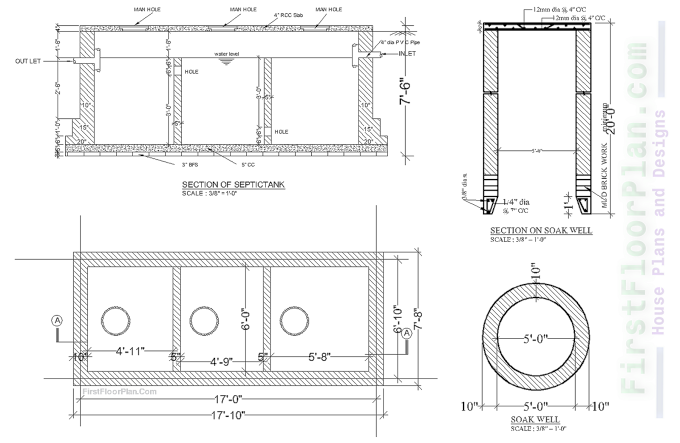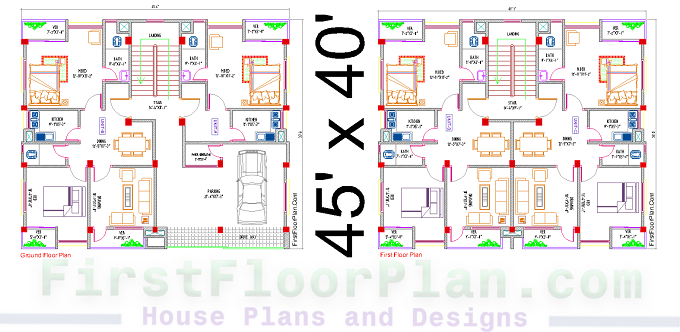In the ever-evolving world of civil engineering and construction, optimizing both functionality and cost efficiency is paramount. One approach that has gained significant traction in recent years is the integration of Value Methodology (VM) with floor plan design. This strategic approach not only ensures that a project meets its objectives but also enhances the overall value by minimizing costs without compromising quality.
What is
Value Methodology?
Value
Methodology (VM), also known as Value Engineering, is a systematic approach
used to improve the value of a project. It involves analyzing the functions of
various components of a project to identify ways to achieve those functions at
the lowest possible cost. VM is not just about cutting costs; it's about
finding the most efficient way to achieve the desired outcomes, often leading
to innovations in design and construction processes.
The
Importance of Floor Plan Design in Civil Engineering
Floor plans
are the blueprint of any construction project. They dictate the layout, flow,
and functionality of the space, directly impacting the project's success. An
effective floor plan design considers factors such as spatial relationships,
accessibility, and usability, ensuring that the final structure meets the needs
of its users.
How VM
Enhances Floor Plan Design?
When Value
Methodology is integrated into the floor plan design process, it allows for a
more thorough evaluation of each design element. Here’s how VM can enhance both
functionality and cost efficiency:
1.
Function-Oriented Analysis
VM begins
with a function-oriented analysis, where each component of the floor plan is
assessed for its purpose and necessity. This analysis helps in identifying any
redundant or non-essential elements that can be modified or eliminated, thus
simplifying the design and reducing costs.
2.
Optimizing Space Utilization
One of the
core principles of VM is optimizing the use of available space. By critically
evaluating the floor plan, engineers can identify areas where space is either
underutilized or could be reconfigured for better efficiency. This leads to a
more effective layout that maximizes functionality without increasing the
footprint of the building.
3.
Material and Cost Efficiency
VM
encourages the use of materials that provide the best value for their cost. In
floor plan design, this might involve selecting more cost-effective
construction materials that do not compromise on quality or durability.
Additionally, VM can help in identifying construction methods that reduce labor
and material costs, further enhancing cost efficiency.
4.
Innovative Solutions
The
collaborative nature of VM often leads to innovative solutions that might not
be considered in a traditional design process. For example, integrating modular
design elements or flexible spaces into the floor plan can increase the
building’s adaptability to future changes, adding long-term value to the
project.
5.
Stakeholder Collaboration
VM promotes
collaboration among all stakeholders, including architects, engineers,
contractors, and clients. This collaborative approach ensures that the floor
plan design aligns with the client’s vision while also meeting budgetary
constraints. Engaging all parties in the VM process can lead to more informed
decision-making and a more successful project outcome.
Real-World
Applications
The
integration of Value Methodology with floor plan design has been successfully
implemented in various civil engineering projects. For instance, in large-scale
commercial buildings, VM has been used to streamline the design process,
leading to significant cost savings without sacrificing the quality or
functionality of the space. Similarly, in residential projects, VM has helped
in creating more efficient floor plans that cater to the needs of modern living
while staying within budget.
Conclusion
Integrating
Value Methodology with floor plan design is a powerful approach to enhancing
both functionality and cost efficiency in civil engineering projects. By
focusing on the essential functions of each design element and optimizing the
use of space and materials, VM ensures that projects not only meet but exceed
expectations. As the construction industry continues to evolve, adopting such
value-driven strategies will be key to delivering successful and sustainable
projects.
By Sara Mohammad
Mechanical Engineer










%20House%20plan%20with%207%20storey%20Apartmen%20building%20Structural%20desing%20%20DWG%20&%20PDF.jpg)
